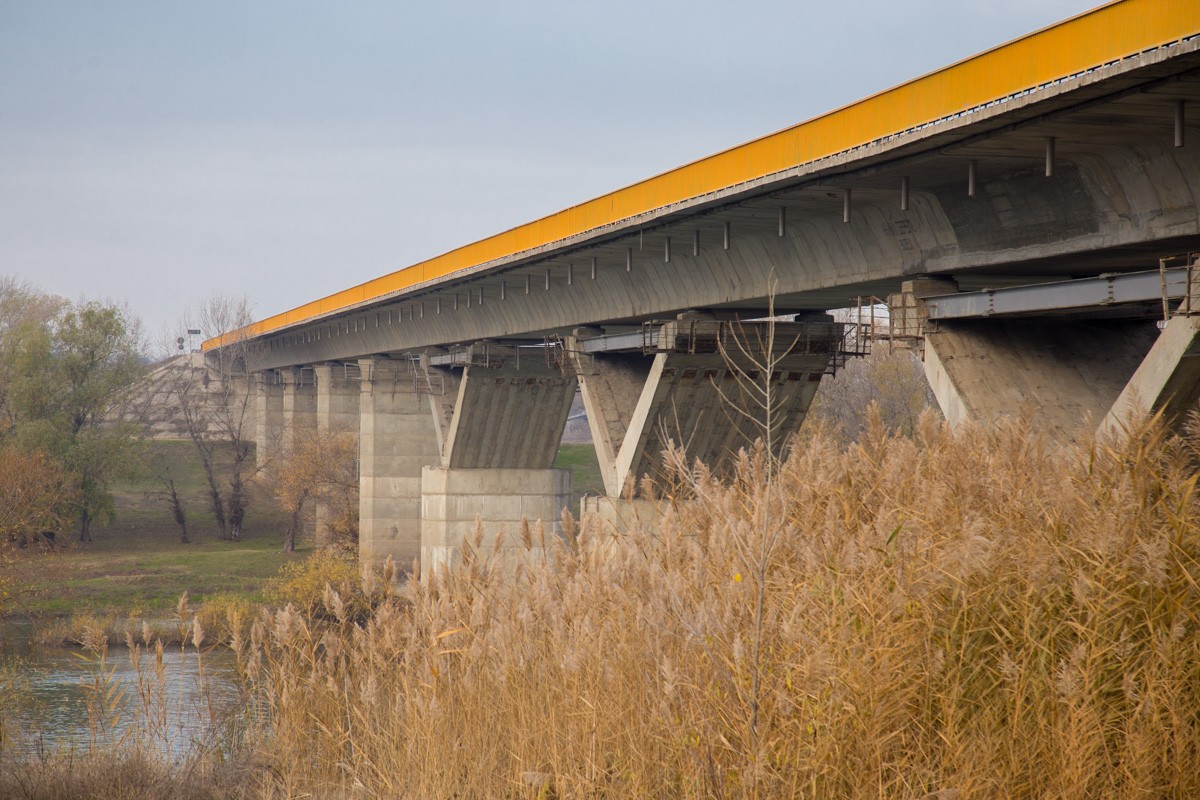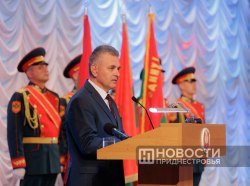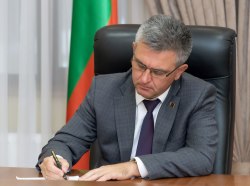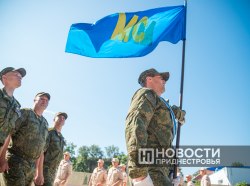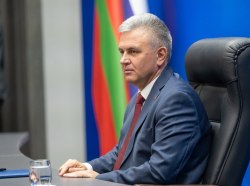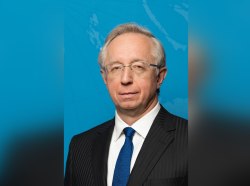Tiraspol, 20 December. /Novosti Pridnestrovya/. After the opening of the bridge across the Dniester near the villages of Bychok and Gura Bycului, the peacekeeping mission has undertaken to maintain the security of this facility, Pridnestrovie's JCC co-chair Oleg Belyakov told our journalist.
He noted that the Joint Control Commission (JCC) had all the resources and do everything necessary so that the resumption of a traffic across the bridge would not lead to an aggravation of the situation in the Security Zone.
"We’ll continue to be responsible for this bridge in terms of security. And if certain forces and means are to be used to maintain peace and security, they will certainly be used," said Belyakov.
"The opening of the bridge is a very important event. The most important element from a peacekeeping point of view is that the parties have made a commitment not to use it for military purposes. This suggests that each party that has signed the document clearly understands that any armed units that will provoke the peacekeepers into doing any illegal activities will not remain unanswered," he added.
Belyakov also said that there had been a trend over the past three years towards a decrease in the number of incidents in the Security Zone of the Moldo-Pridnestrovian conflict.
For example, if there were 50 such cases in 2016, the current year has seen 36 incidents. In addition, he said, the number of critical situation arisen in the Security Zone has fallen significantly.
"We don't speak much now about the abduction of people from Pridnestrovie, the confrontation between the law enforcement agencies of Moldova and the PMR," noted Belyakov.
The co-chair underscored this was largely due to the systemic work of the JCC and all peacekeeping mechanisms.
"We don't work, as was the case, for example, in Abkhazia and South Ossetia, meeting on difficult issues once in three or six months. We solve all the issues in the routine mode. The JCC works 24 hours a day and sums up its work during weekly meetings. This consistency helps to neutralise the situational difficulties that arise," said Belyakov.

